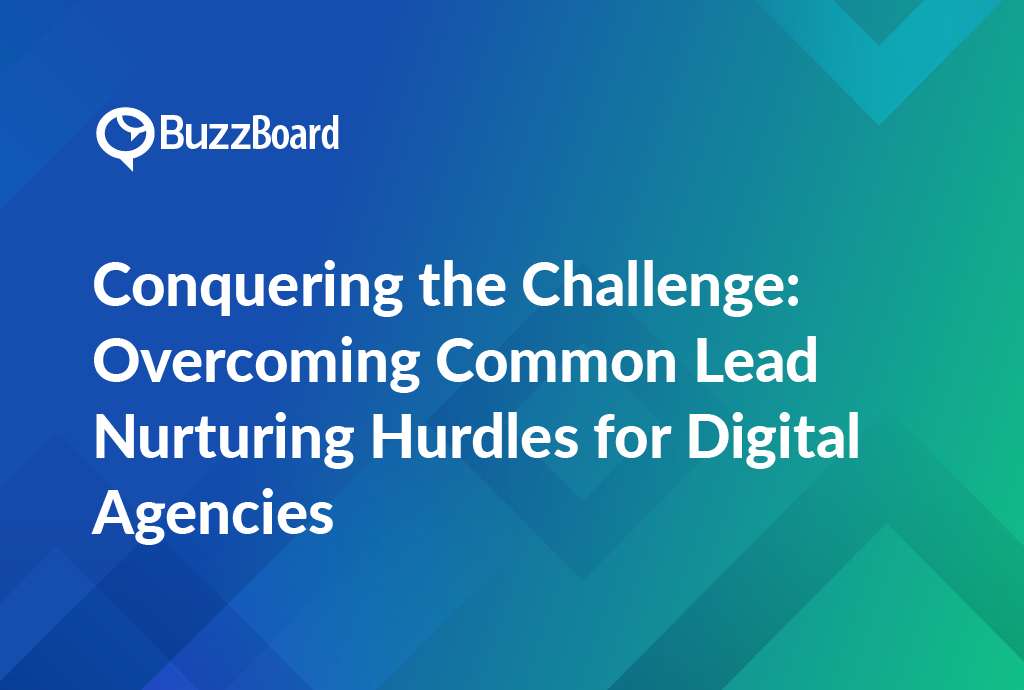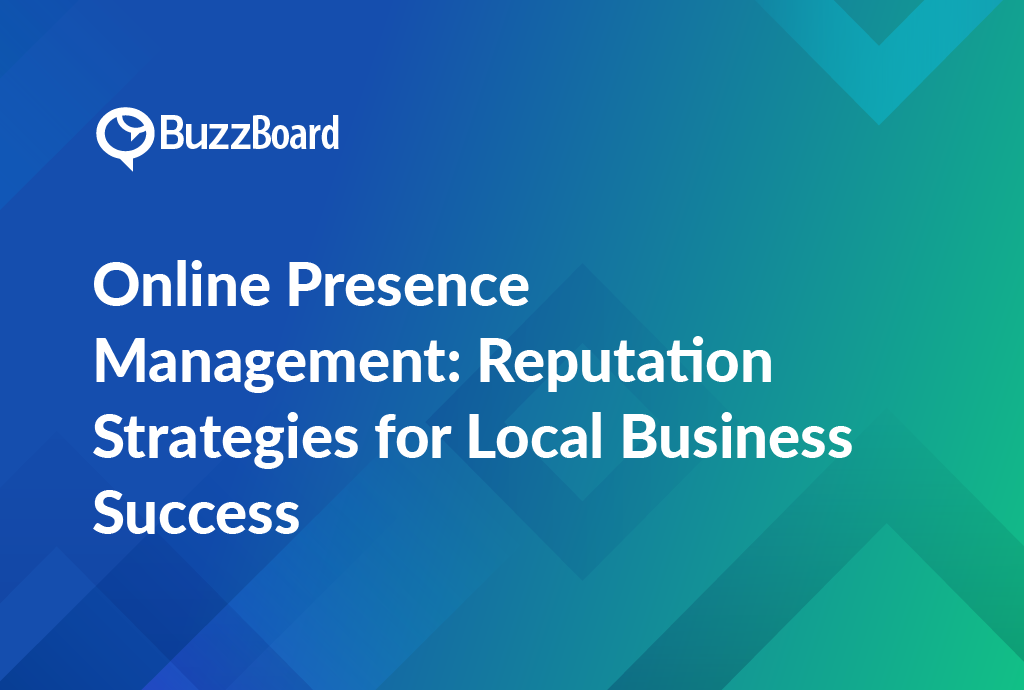Understanding the Fundamentals of Lead Nurturing Challenges Faced by Digital Marketing Agencies
Lead nurturing remains a pivotal process for any effective digital marketing agency. However, it also poses several unique challenges. Among the most daunting is content creation for multiple clients. With a diverse clientele expecting personalized experiences, creative teams can quickly become overstretched, losing efficiency and effectiveness. The allocation of resources becomes a significant issue when creating unique, high-quality content on a large scale.
Another lead nurturing challenge for digital marketing agencies lies in effective lead segmentation. Without a proficient understanding of your leads’ demographic, behavioral, and engagement information, producing targeted content that compels conversion becomes tricky. Precise lead segmentation becomes a difficult task amidst a pool of numerous clients, each with unique needs and customer expectations.
The demand for personalized content at scale is also notable. Each lead is unique and requires crafted content that appeals to their individual interest and drives conversion. However, producing such content at scale remains an issue.
Lastly, implementing marketing automation best practices is challenging. In the realm of lead nurturing, marketing automation helps streamline, automate, and measure marketing tasks, which increases operational efficiency and boosts revenue. But, it needs to be executed properly to avoid pitfalls like impersonal bulk emails that can discourage leads.
Understanding these fundamentals is the first step toward overcoming the lead nurturing challenges experienced by digital marketing agencies.
The Role of Effective Content Creation for Multiple Clients in Overcoming Lead Nurturing Hurdles
Effective content creation plays a crucial role for digital marketing agencies, particularly in overcoming lead nurturing challenges. However, generating individualized content at scale for multiple clients can prove to be a complex task. A lot of agencies are found struggling with it, leading to missed opportunities for nurturing leads.
In content creation, agencies often grapple with maintaining the balance between personalization and scalability. While creating personalized content for every lead is time-consuming, a generic approach doesn’t often hit home with the target audience. The solution to this issue can be found in marketing automation. According to HubSpot, adopting automation best practices can considerably enhance the process’s efficiency. One way it does this is by effectively segmenting leads and modifying the content to cater to their specific needs and interests.
Implementing lead segmentation with the help of marketing automation can be a game-changer for agencies. Dividing leads based on criteria, like demographics, behavior, or engagement allows for effective targeting with relevant content. This approach ensures resources are not wasted on leads unlikely to convert, prioritizing those showing substantial potential instead.
The objective is to keep these leads engaged, gradually nurturing them through the sales funnel. Though this requires consistent effort and patience, the returns in terms of boosting client conversion rates can be phenomenal.
By adopting these strategies, digital marketing agencies can surmount the issues usually associated with lead nurturing. With automated processes leading the charge in creating effective content for numerous clients, agencies can escalate their operations without compromising on the quality or relevance of their content.
How Lead Segmentation for Agencies Aids in Conquering Common Lead Nurturing Challenges
Digital marketing agencies catering to small and local businesses often grapple with lead nurturing challenges. A significant hurdle is creating content for multiple clients that remains relevant to differing target demographics. However, through lead segmentation for agencies, these challenges may be streamlined. Lead segmentation, a strategy becoming increasingly essential, enables personalizing content at scale.
Lead segmentation is the categorization of leads based on shared characteristics, like behavioral data, purchase history, and contact details. This allows agencies to tailor content that resonates with specific leads, enhancing engagement and facilitating the lead’s progression through the sales funnel.
Integrating lead segmentation into marketing automation strategies is regarded as an agency best practice. It equips digital marketers with a deeper understanding of their leads. With this knowledge, they can devise personalized messages and campaigns to promote interaction and lead conversion. Moreover, segmentation aids in evaluating the process and effectiveness of campaigns, providing scope for iterative improvements.
For agencies facing the daunting task of personalizing voluminous content, lead segmentation serves as an advantageous strategy to tackle lead nurturing challenges.
For sales professionals at digital marketing agencies working with small and local businesses, grasping and applying these best practices is crucial to their bottom line.
Impact and Benefits of Personalizing Content at Scale in Overcoming Lead Nurturing Hurdles
As a sales team at a digital marketing agency, you may encounter several challenges pertaining to lead nurturing. While personalized content is a proven solution, its scalability presents a new set of challenges.
When catering to numerous clients, content creation can get complex. It’s not easy balancing each client’s unique needs while maintaining a consistent brand voice. However, with cutting-edge marketing automation practices, agencies can keep up their content output without sacrificing engagement.
Automation allows you to craft campaigns with personalized content at scale. This ensures each lead receives relevant messages at the right time based on their behavior or profile data. This method leads to more efficient lead conversions through a progressive nurturing process.
Segmentation is another essential strategy in addressing lead nurturing challenges. With this method, you can segregate your leads based on their interest level, engagement, or other chosen criteria. This granular approach allows you to target your content more effectively, further optimizing the nurturing process.
Implementing these strategies can lead to clear benefits: increased lead nurturing efficiency, improved customer experience, and importantly, higher conversion rates.
Implementing scalable personalized content and sophisticated lead segmentation can streamline your agency’s lead nurturing process. Don’t wait. Start transforming your digital marketing strategies today!
Navigating Lead Nurturing Challenges Using Marketing Automation Best Practices for Agencies
Navigating lead nurturing challenges can often prove daunting for digital marketing agencies, especially when tasked with serving diverse client needs. One vital solution, however, resides within the best practices of marketing automation.
Among the pressing challenges faced by digital marketing agencies is the management of content creation for multiple clients. Successfully producing personalized content across a varied clientele demands a delicate balance, one where generating strategic content pivotal to lead conversion and retention. Implementing marketing automation could be the answer to streamlining this hurdle. With marketing automation tools, agencies can more readily acquire, pre-qualify, nurture, and convert quality leads through automatic campaigns.
Yet another challenge regularly confronted by these agencies is effective lead segmentation. Being able to both categorize and prioritize leads based on demographics, behavior data, and engagement levels is key. Again, marketing automation presents a solution, offering automated segmentation founded on pre-set attributes, which can assist in creating more targeted campaigns that bolster conversion rates.
Moreover, embracing the best practices of marketing automation can assist in dealing with the difficulties of scaling and customization. Tools, like Customer Relationship Management (CRM) software, or Content Management Systems (CMS), help manage interactions and relationships with prospective clients on a more personalized level. This affords a more bespoke approach in contrast to standard formats.
To navigate these obstacles, agencies need to foster a deep understanding of marketing automation and how they can harness it to their advantage. In closing, the adoption of marketing automation best practices may introduce disruption, but it’s definitely a game-changer for digital marketing agencies striving to navigate and surmount lead nurturing challenges. Managing and optimizing these technologies will ultimately result in enhanced productivity, efficiency, and customer satisfaction. Incorporate marketing automation today and start experiencing the transformative impacts.








